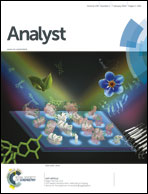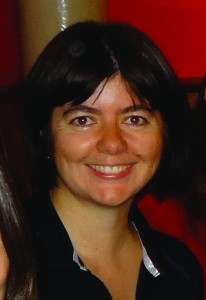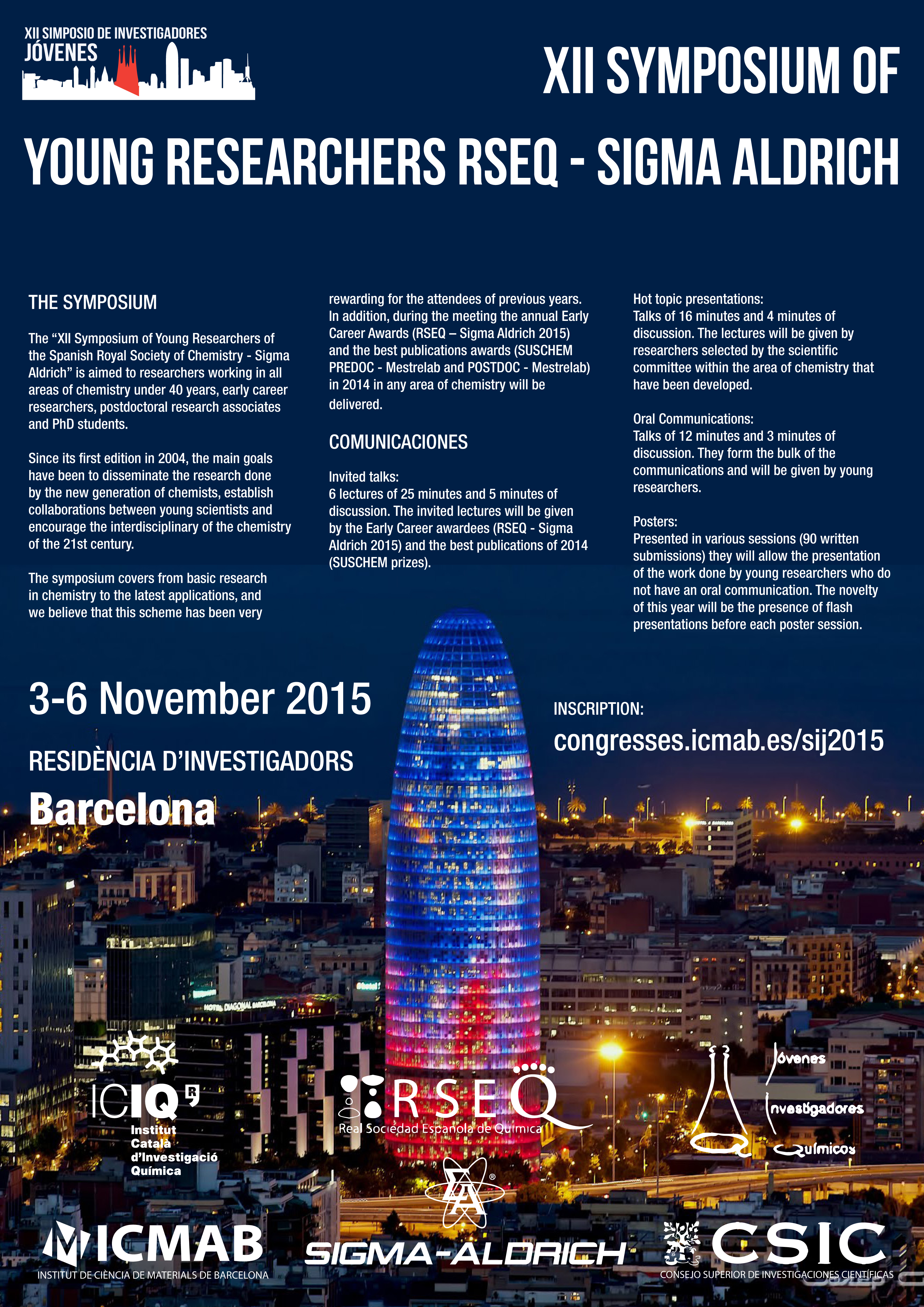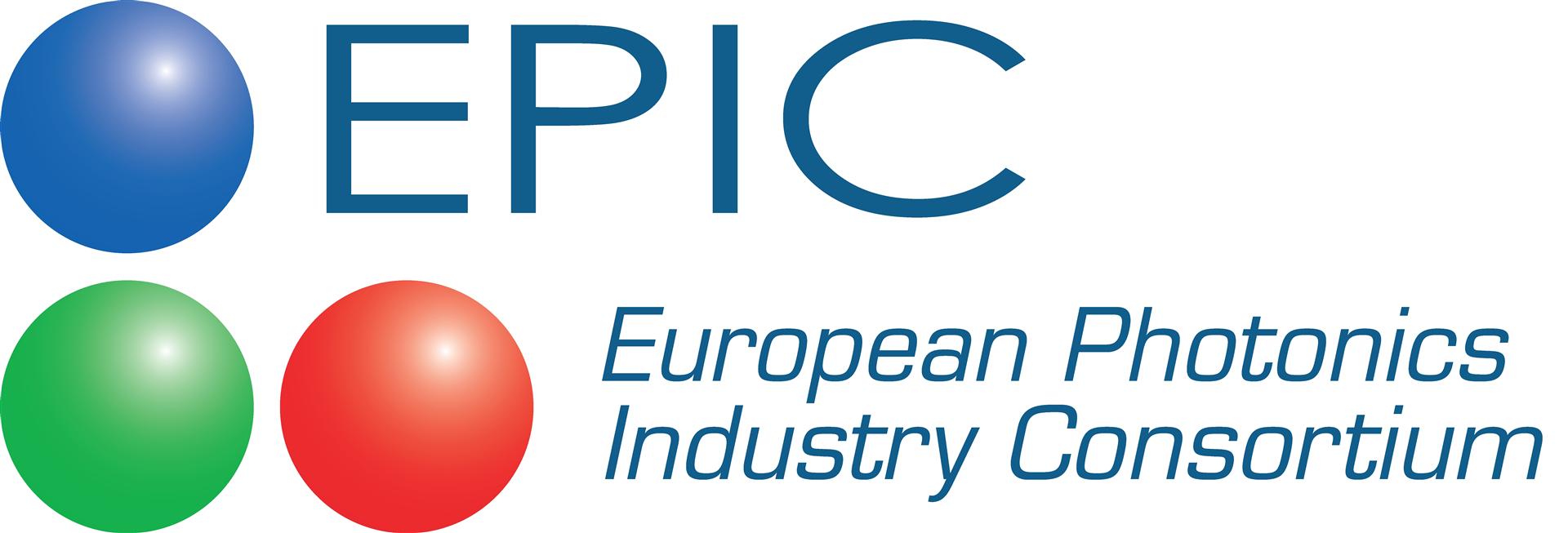Cancer themed issues across the Royal Society of Chemistry publications portfolio
Cancer remains a devastating disease with 580,350 deaths and 1.66 million new cases reported in the US alone in 2013. With 7.5 million deaths worldwide, cancer is the number 1 killer globally. Although 5-year survival rates have risen from 50% in 1975-77 to 68% in 2003-2008, major challenges remain toward further improving survival rates. The keys to realizing increased 5-year survival rates depend on significant improvements in early detection strategies as well as personalized treatment selection and effectively monitoring for disease recurrence. All of these focus areas can be enhanced through the development of new technological tools.
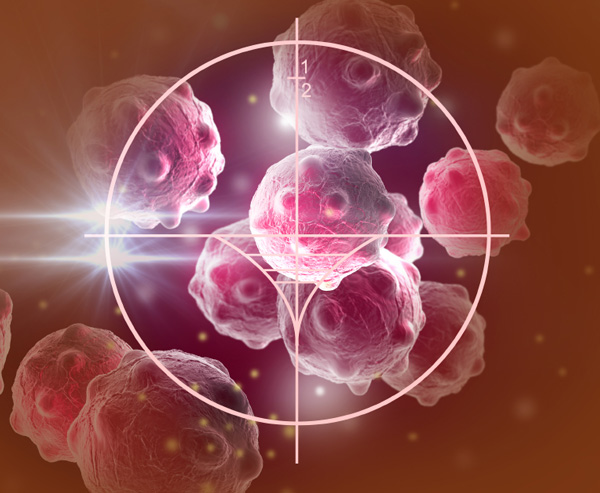
© iStock
Thus, the following themed issues will serve as a timely dissemination of new technologies that hold promise for the management of a variety of cancer-related diseases.
ANALYST: Innovative tools for cancer screening, detection and diagnostics
Guest Editors Steve Soper, University of North Carolina, USA. Avraham Rasooly National Cancer Institute, National Institutes of Health, USA. Will be published as issue 1 2016, with the whole issue permanently free to access.
This themed issue will be devoted to new technologies focused on the management of cancer-related diseases and will cover a broad spectrum of new innovations including optical sensors (SERS, fluorescence, plasmon resonance, etc.), drug delivery vehicles, affinity agents, imaging contrast agents, microfluidics/nanofluidics and cell-based assays to name a few.
BIOMATERIALS SCIENCE: Polymeric biomaterials for cancer nanotechnology
Published in July 2015. Guest Editors: Jianjun Cheng, University of Illinois at Urbana-Champaign, USA, and Suzie Pun, University of Washington, USA. The themed issue can be viewed here.
INTEGRATIVE BIOLOGY: Stems cells and cancer
Guest Editors Mary Helen Barcellos-Hoff and Pamela Cowin, New York University Langone School of Medicine. To be published in summer, 2016, articles will be temporarily free to access for duration of promotion period.
The precise focus of this issue is to be confirmed, but it will be restricted to invited authors only.

© Shutterstock
NANOSCALE: Nanoscale approaches for cancer diagnosis and treatment
Guest Editors: Zhuang Liu, Soochow University and Samuel Achilefu, Washington University in St. Louis. This themed issue will be published in 2016 and articles will be temporarily free to access for the duration of the promotion period. Articles will showcase recent developments in nanoscience and nanotechnology for cancer research, from diagnosis, to imaging and treatment. The themed issue is for invited authors only.
POLYMER CHEMISTRY: Polymeric materials for anti-cancer drug delivery
Coordinated by the Editorial Office, articles in this subject area will be organised together to form a web-only collection. These articles will be temporarily free to access for the duration of the promotion period.
MEDCHEMCOMM: Small molecules in Cancer Immunotherapy
Planning is in the early stages, with articles likely to come through in summer/autumn 2016.












